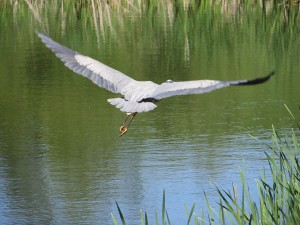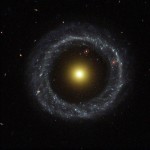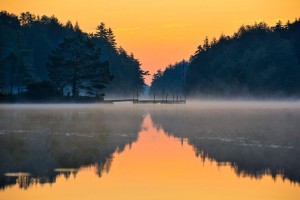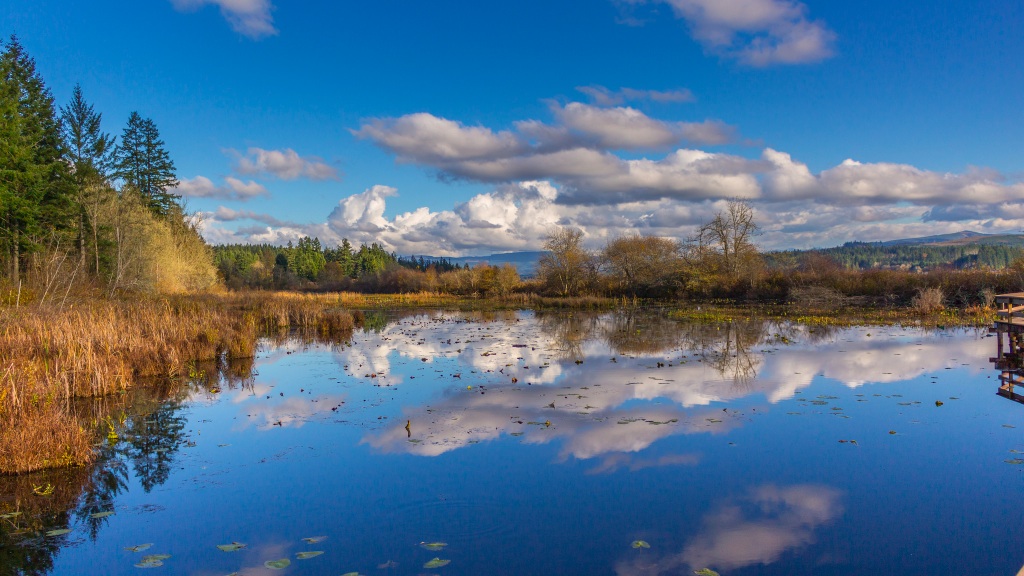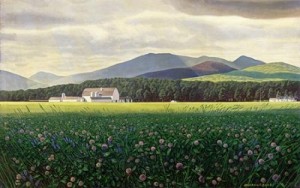We all have one special thing that is the real sign of spring for us. It might be the first trillium, the first lilac. For me, it’s the first heron. Here’s a new poem from a moment long ago when that bond was set.
Hunt at Spitfire
Following just behind its shadow and just as silent,
a heron ghosts into the slough from Spitfire Lake
no more than five feet off the water, close enough
to hit with a rock, my Stone Age genes advise.
The heron too is of a hunter’s mind, spilling air
to light in an open shallow amid marsh grass.
Where fingerlings flit and feed in warmer water
the heron stands still and straight to prey.
Out of line of sight I paddle closer, careful dip
and pull to make no splash, slowly, slower,
until I ship the paddle, lie forward and slip
into reeds, pulling myself along hand over hand.
I wait and watch, feet away, as the heron steps,
stops, waits and stabs downwards. One stab,
one fish. Good hunting. Nothing is in my eye
but heron, whole mind gone heron for a spell,
until the hunter squats, leaps, beats great wings–
once, twice, thrice–splashing on the downbeat,
willing its weight into the air, a little higher,
higher, away. “Oh! Me too,” I cry. “Me too!“

